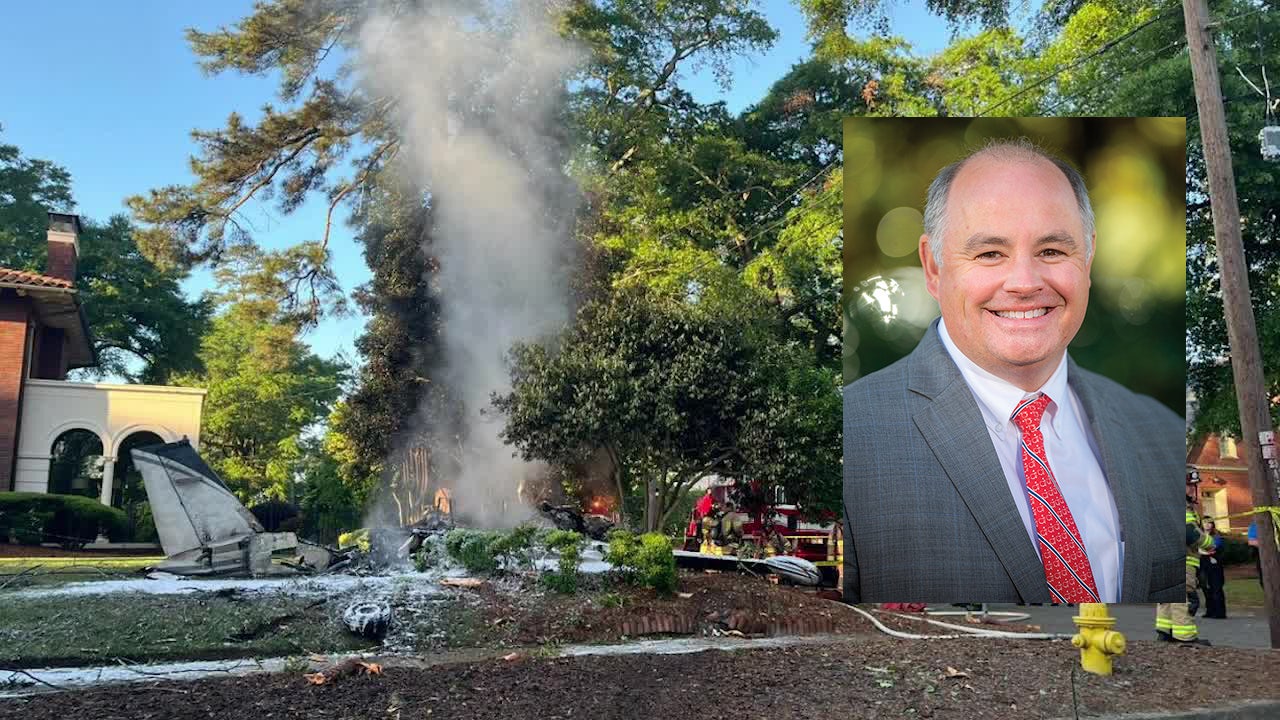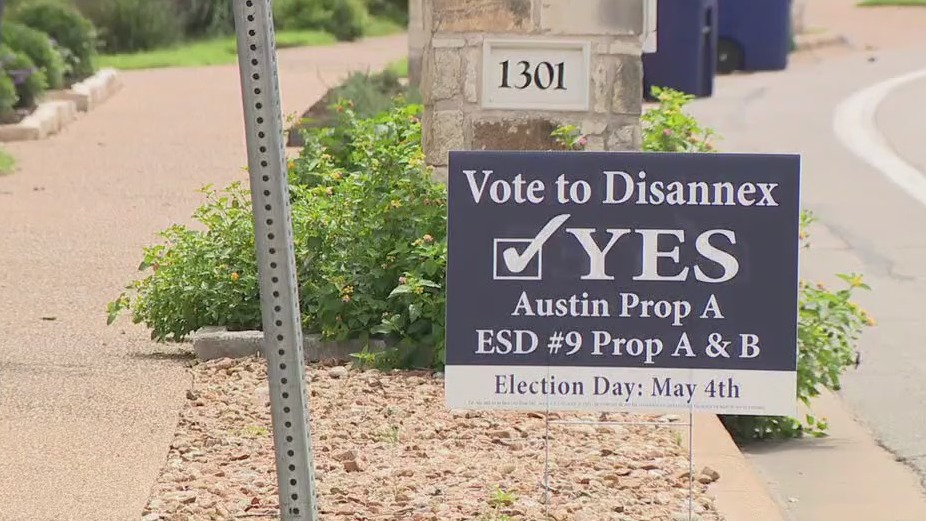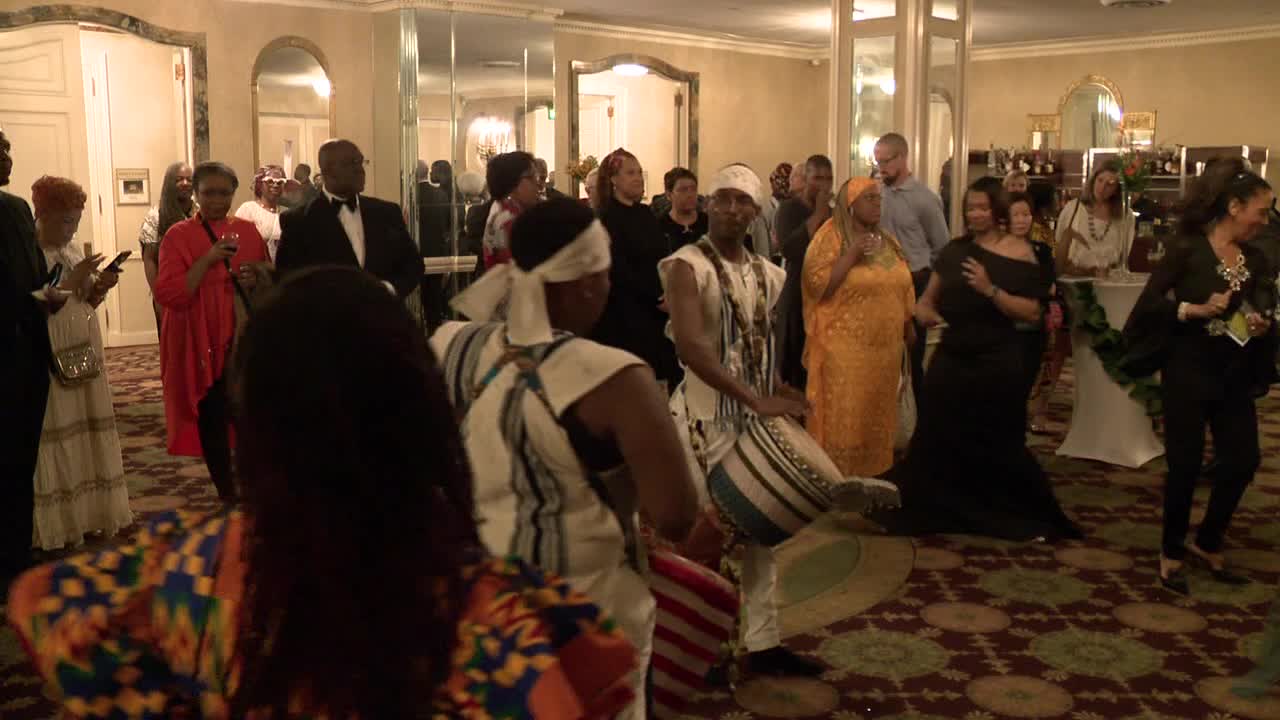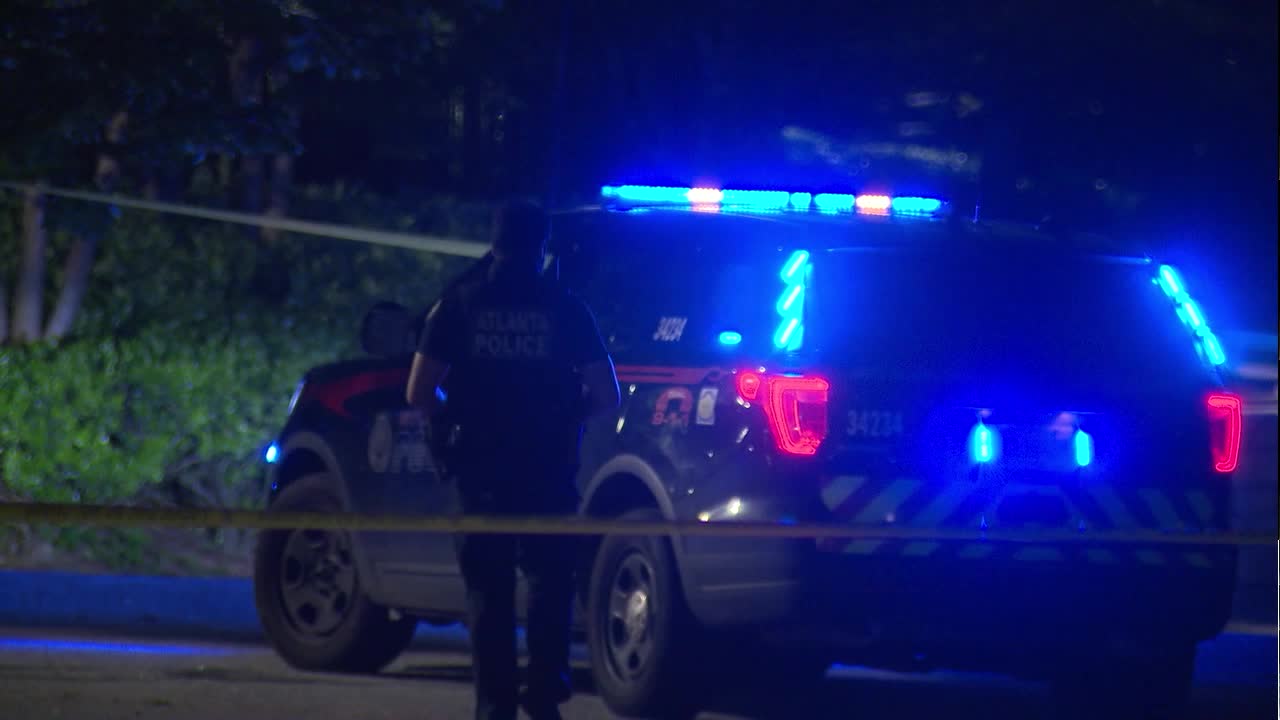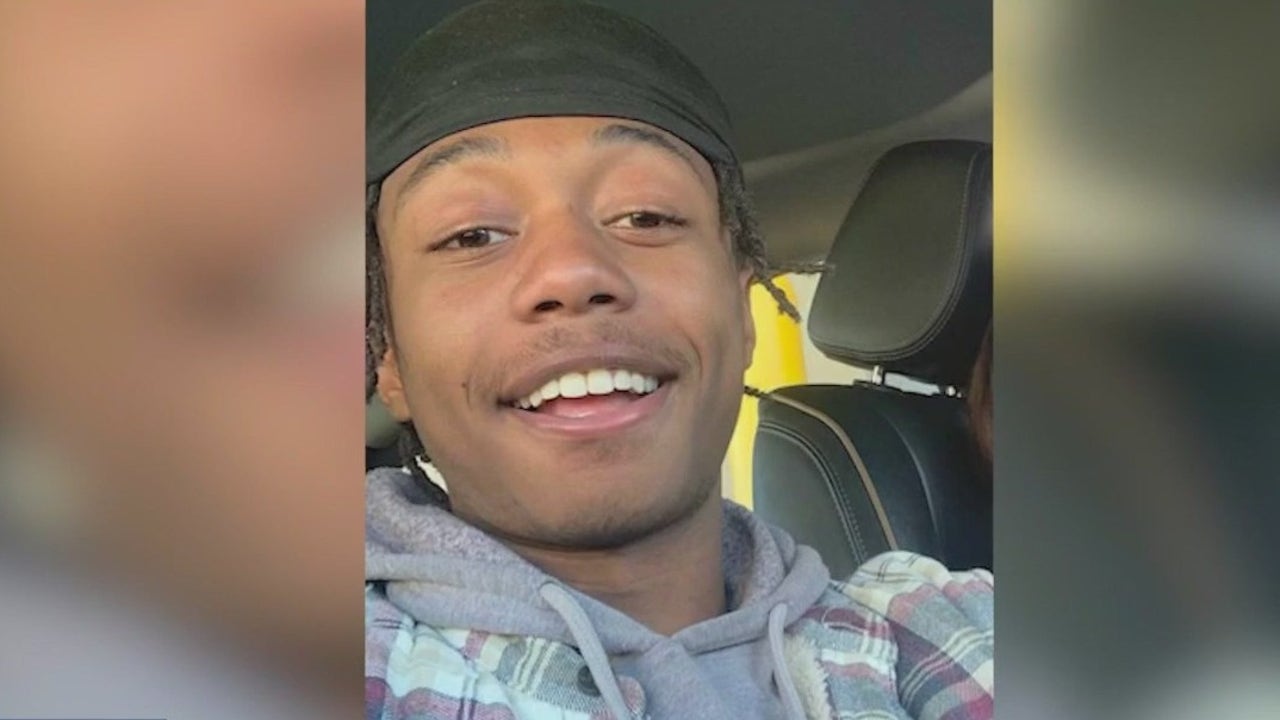San Francisco, CA
Calif. state bar sells its San Francisco building for $54 mln amid budget shortfall
/cloudfront-us-east-2.images.arcpublishing.com/reuters/KVSR5MY5EBM2RG4QCQVKHEIS7M.jpg)
The skyline of San Francisco, California showing the Transamerica Building framed by the north tower of the Golden Gate Bridge is pictured at sunset February 27, 2008. REUTERS/Robert Galbraith Acquire Licensing Rights
Nov 14 (Reuters) – The State Bar of California has sold its 13-story San Francisco headquarters to a local real estate investment firm for $54 million, it said on Tuesday.
That sales figure is significantly less than the $85 million the state bar sought for the 211,000-square-foot building in San Francisco’s financial district earlier this year. The buyer is Ridge Capital Investors, which is based in San Francisco, the state bar said.
The State Bar was nearing a sale to a different buyer in June for $62 million, according to local media reports, but the deal fell through. San Francisco’s commercial real estate prices have been declining since the COVID-19 pandemic.
The State Bar purchased the building in 1998 for $22.5 million and began pursuing its sale in 2021. About 275 bar employees work at the location, according to the bar.
State Bar officials said they would use proceeds from the building’s sale to cover budget shortfalls, after state lawmakers declined to approve attorney licensing fee increases in 2024. The legislature approved the State Bar’s use of those building sale proceeds toward operations as it considers a fee increase in 2025, bar officials said.
An April report from the Auditor of the State of California found that rising personnel costs have fueled the bar’s deficit spending and that its general fund reserve had fallen from $19 million in 2020 to $12.4 million in 2022. The state bar’s own budget projected a deficit of $4.3 million in 2023, it said.
“The sale of 180 Howard was a prudent and necessary action on our part in these post-pandemic and precarious financial times,” said State Bar executive director Leah Wilson in a statement on Tuesday.
The State Bar will remain in it current offices at 180 Howard Street for about a year, then will rent about half of its current footprint in the same building after that.
Read more:
California state bar in ‘difficult financial position,’ audit finds
Facing budget shortfall, CA Bar says it’s ‘stretched impossibly thin’
Jumpstart your morning with top legal news delivered straight to your inbox from The Daily Docket.
Our Standards: The Thomson Reuters Trust Principles.

Continue Reading
San Francisco, CA
San Francisco Giants To Call Up Top Pitching Prospect For MLB Debut

The final game of the San Francisco Giants’ wraparound four-game series with the Philadelphia Phillies will include a Major League debut.
Right-hander Mason Black joined the Giants in Philadelphia on Sunday and was added to their taxi squad. Later, multiple reports noted that Giants manager Bob Melvin said that Black would make his Major League debut on Monday.
San Francisco will make the move pre-game on Monday. It will require both a 26-man roster and 40-man roster move.
Black is the Giants’ No. 7 prospect per MLB Pipeline and will join a pair of rookies in the rotation in Kyle Harrison and Keaton Winn. He is the third-highest ranked pitcher in the organization behind left-hander Carson Whisenhunt, who is also at Sacramento, and right-hander Hayden Birdsong, who is at Double-A.
Black started the season with Triple-A Sacramento and is 2-1 with a 1.01 ERA in six starts. He’s allowed just three earned runs in 26.1 innings, with 29 strikeouts and eight walks.
The Scranton, Penn., native went to Lehigh and was the San Francisco’s third-round pick in the 2021 MLB Draft. Now 24 years old, he has a 12-14 record and a 3.22 ERA since he started his professional career.
It’s not clear if Black will remain with the team beyond Monday’s start.
San Francisco’s most notable starting pitching injury is Blake Snell, who went on the injured list last month with an adductor muscle injury. The Giants have taken a bullpen game approach to filling Snell’s spot in the rotation. But Black’s performance at Sacramento appears to have warranted at least a look at the Major League level.
Along with Snell, Robbie Ray, Alex Cobb and Tristan Beck are all on the injured list.
After they’re done in Philadelphia, the Giants head on to Colorado to continue their road trip. If Black gets a second start, it will likely come this weekend at home against the Cincinnati Reds.
San Francisco, CA
Coinbase slapped with class-action lawsuit in San Francisco

Cryptocurrency exchange Coinbase, and CEO Brian Armstrong, face a new class-action lawsuit.
A group of plaintiffs from California and Florida filed a lawsuit in the U.S. District Court for the Northern District of California, San Francisco Division.
The plaintiffs — Gerardo Aceves, Thomas Fan, Edwin Martinez, Tiffany Smoot, Edouard Cordi, and Brett Maggard — allege that Coinbase’s sales of digital assets have knowingly violated state securities laws since the company’s inception.
The lawsuit claims that several tokens sold on Coinbase, such as Solana (SOL), Polygon (MATIC), Near Protocol (NEAR), Decentraland (MANA), Algorand (ALGO), Uniswap (UNI), Tezos (XTZ), and Stellar Lumens (XLM), should be classified as securities.
According to the plaintiffs, Coinbase has admitted to being a “Securities Broker” in its user agreement, suggesting that the digital asset sales on the platform may qualify as investment contracts or other forms of securities.
The lawsuit also contends that Coinbase’s Prime brokerage functions as a securities broker.
The plaintiffs are seeking full rescission of these sales, statutory damages under state laws, and injunctive relief, with the matter proceeding to a jury trial. This lawsuit bears similarities to another class-action suit alleging consumer harm from Coinbase’s sale of securities.
Coinbase, however, has pushed back, arguing that secondary sales of crypto assets do not meet the criteria for securities transactions and questioning the applicability of securities regulations in this context.
This case is separate from Coinbase’s ongoing legal battle with the U.S. Securities and Exchange Commission (SEC), which also examines whether the tokens sold on Coinbase should be treated as securities. Recently, Coinbase filed an interlocutory appeal in response to a judge’s ruling allowing the SEC’s case to proceed.
Crypto.news reached out to Coinbase for comment but has not heard back.
Coinbase faces multiple lawsuits
In a separate development, pro-crypto lawyer John Deaton has stepped in to support Coinbase in its legal battle with the SEC by filing an amicus brief.
Deaton, known for his crypto advocacy and campaign against Massachusetts Senator Elizabeth Warren, is said to be providing his services pro bono.
His involvement coincides with Coinbase’s pushback against the SEC’s allegations and its efforts to gain clarity on regulatory matters, illustrating the ongoing tensions between cryptocurrency companies and financial regulators.
In June 2023, the SEC filed a lawsuit against Coinbase, accusing the cryptocurrency exchange of operating as an unregistered national securities exchange and broker.
The SEC claims that Coinbase traded at least 13 crypto assets that should have been registered as securities, including tokens like Solana, Cardano, and Polygon.
Separately, hundreds of Coinbase customers have sued the company over its handling of the GYEN stablecoin, which they argue was far from stable.
This lawsuit alleges that Coinbase promoted and traded the GYEN token despite being aware of its high volatility, leading to significant losses for investors.
Coinbase’s crypto staking program has also come under regulatory scrutiny. The SEC alleges that the program operates as an unregistered investment contract and security. Several U.S. states have joined the SEC’s case, accusing Coinbase of violating securities laws in connection with its staking rewards program.
Coinbase has pushed back against the regulatory crackdown. Armstrong has expressed pride in representing the crypto industry in court and has called for clearer regulations.
However, legal experts caution that the SEC’s actions could limit options for U.S. investors and increase fees as platforms turn to less-regulated markets.
These lawsuits reflect the ongoing tensions between cryptocurrency companies and financial regulators over how to classify and oversee digital assets. As the SEC intensifies its crypto enforcement, further legal battles are likely for Coinbase and other major players in the industry.
San Francisco, CA
With a vest and a voice, helpers escort kids through San Francisco’s broken Tenderloin streets
SAN FRANCISCO (AP) — Wearing a bright safety vest with the words “Safe Passage” on the back, Tatiana Alabsi strides through San Francisco’s Tenderloin neighborhood to its only public elementary school, navigating broken bottles and stained sleeping bags along tired streets that occasionally reek of urine.
Along the way in one of America’s most notorious neighborhoods, she calls out to politely alert people huddled on sidewalks, some holding strips of tin foil topped with illicit drugs.
“Good afternoon, happy Monday!” Alabsi says to two men, one slumped forward in a wheelchair and wearing soft hospital socks and one slipper. Her voice is cheerful, a soothing contrast to the misery on display in the 50-block neighborhood that’s well-known for its crime, squalor and reckless abandon. “School time. Kids will be coming soon.”
Further along, Alabsi passes a man dancing in the middle of the street with his arms in the air as a squealing firetruck races by. She stops to gently touch the shoulder of a man curled up in the fetal position on the sidewalk, his head inches from the tires of a parked car.
“Are you OK?” she asks, before suggesting he move to a spot out of the sun. “Kids will be coming soon.”
Minutes later, Alabsi arrives at the Tenderloin Community Elementary School, where she is among several adults who escort dozens of children to after-school programs. The students hitch up backpacks emblazoned with Spider Man and the sisters of “Frozen,” then form two rambunctious lines that follow Alabsi like ducklings through broken streets.
The smallest ones hold hands with trusted volunteers.
Long known for its brazen open-air drug markets, chronic addiction, mental illness and homelessness, the Tenderloin neighborhood is also home to the highest concentration of kids in San Francisco, an estimated 3,000 children largely from immigrant families.
The neighborhood is rich with social services and low-income housing but the San Francisco Police Department also has seized nearly 200 kilograms (440 pounds) of narcotics in the area since last May. Of a record 806 overdose fatalities last year, about 20% were in the Tenderloin.
But amid the chaos is a vibrant community stitched together by differing languages that has found ways to protect its most vulnerable and deliver hope, something many say the city has failed to do. Officials have sent in toilets, declared a mayoral emergency and vowed to crack down on drugs, but change is glacial.
A group of mothers fed up with drug dealers started the efforts in 2008 after a child temporarily went missing. The Safe Passage program is now part of the Tenderloin Community Benefit District, a nonprofit funded in part by Tenderloin property owners who also cleans sidewalks, staffs parks and hosts community events.
Alabsi started as a volunteer after the Russian native moved to the United States from Yemen with her husband and sought asylum a decade ago. They joined her husband’s mother and his siblings, who had settled in the Tenderloin.
Life was not easy in their new homeland. Alabsi, 54, and her husband Jalal, both medical doctors, had to start over years into their careers. The mother of two despaired when her younger son began to count poop piles he spotted from his stroller on their walks home from daycare.
Then she learned of Safe Passage. At her husband’s urging, she signed up to volunteer to help spare the children the worst sights on their walk after school.
Many people, Alabsi says, respond politely or tuck away their drugs or scoot their belongings out of the way when she reminds them that school time is over. But others ignore the request. Some even get angry.
“It’s better to give nice smile and say good afternoon or good morning, to show people I am friendly,” said a laughing Alabsi, who is fluent in Arabic and Russian and speaks English with an accent. “I am not monster.”
The program’s safety stewards guide the students along the cleanest and calmest routes, redirecting them to avoid people acting erratically or overdosing. Sometimes stewards use their bodies to block the children from seeing things they shouldn’t, like a woman crouched between two cars, no longer able to control her bowels.
On a recent afternoon, two girls with ponytails sashayed across an intersection, talking about becoming TikTok stars one day, seemingly oblivious to a couple hunched over at a bus stop across the street, struggling to light up. As they walked, Alabsi blocked their view of smeared feces.
The girls, one in first grade and the other in second, were headed to the Cross Cultural Family Center, one of some half-dozen nonprofits that provide after-school programs for the K-5 kids.
Alabsi and her immediate family moved out of the Tenderloin but are still an integral part of it. Their son is in the elementary school’s fourth grade and Alabsi now manages the Safe Passage program.
She loves the mix of Latin, Asian, Arab and American cultures in the Tenderloin. The big hearts of residents who are striving for a better life is what “makes it special,” she said.
One recent Saturday, Alabsi worked at an Eid celebration at the neighborhood’s recreation center. She helped monitor the block that was closed to traffic for the day while greeting her sisters-in-laws, who had joined the festivities with their children.
When the celebration ended at 4 p.m., she left with her soccer-loving son, Sami, to drop off her vest and radio at the office. They chatted in Russian as they passed tents, sleeping bags and blankets, an abandoned microwave and lawn chair and a human-shaped lump under a blanket, shoes peeking out.
From loud speakers, the doo-wop of The Moonglows singing “Sincerely” soared prettily over gritty streets. On a pole was a flyer with photos of a missing daughter: “Mimi please call home,” read the April notice. “You are so loved.”
“We can change world in better way by our presence, by our examples, by our positive attitude,” Alabsi said. “Every year it’s little bit better and better and better.”
___
Associated Press journalist Terry Chea contributed to this report.
-

 Politics1 week ago
Politics1 week agoGOP lawmakers demand major donors pull funding from Columbia over 'antisemitic incidents'
-

 World1 week ago
World1 week agoHamas ‘serious’ about captives’ release but not without Gaza ceasefire
-

 News1 week ago
News1 week agoBoth sides prepare as Florida's six-week abortion ban is set to take effect Wednesday
-

 Politics1 week ago
Politics1 week agoColumbia University’s policy-making senate votes for resolution calling to investigate school’s leadership
-

 Politics7 days ago
Politics7 days agoHouse Republicans brace for spring legislative sprint with one less GOP vote
-

 World1 week ago
World1 week agoBrussels, my love? MEPs check out of Strasbourg after 5 eventful years
-

 World7 days ago
World7 days agoAt least four dead in US after dozens of tornadoes rip through Oklahoma
-

 Movie Reviews1 week ago
Movie Reviews1 week agoThis Never Happened (2024) – Review | Tubi Horror Movie | Heaven of Horror

